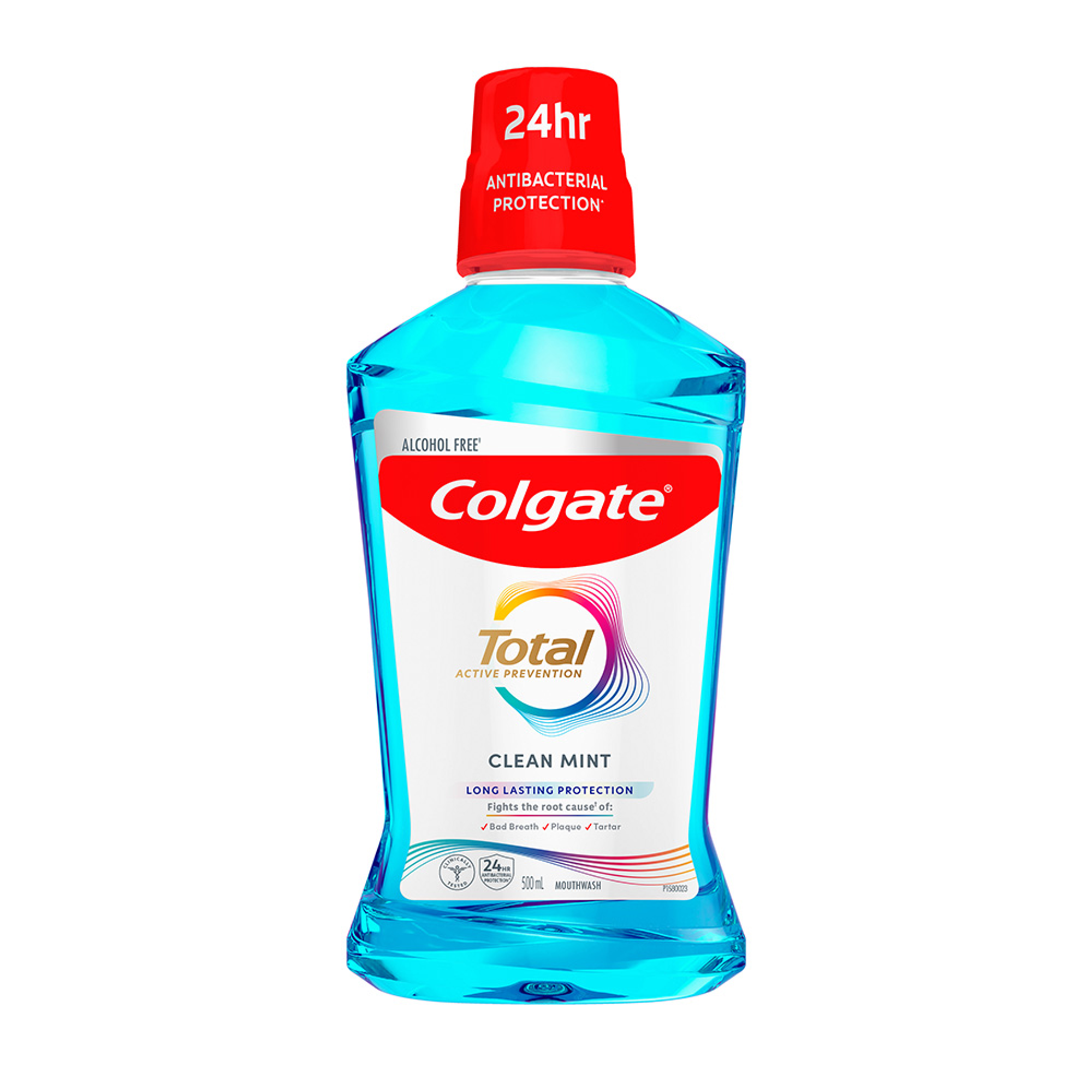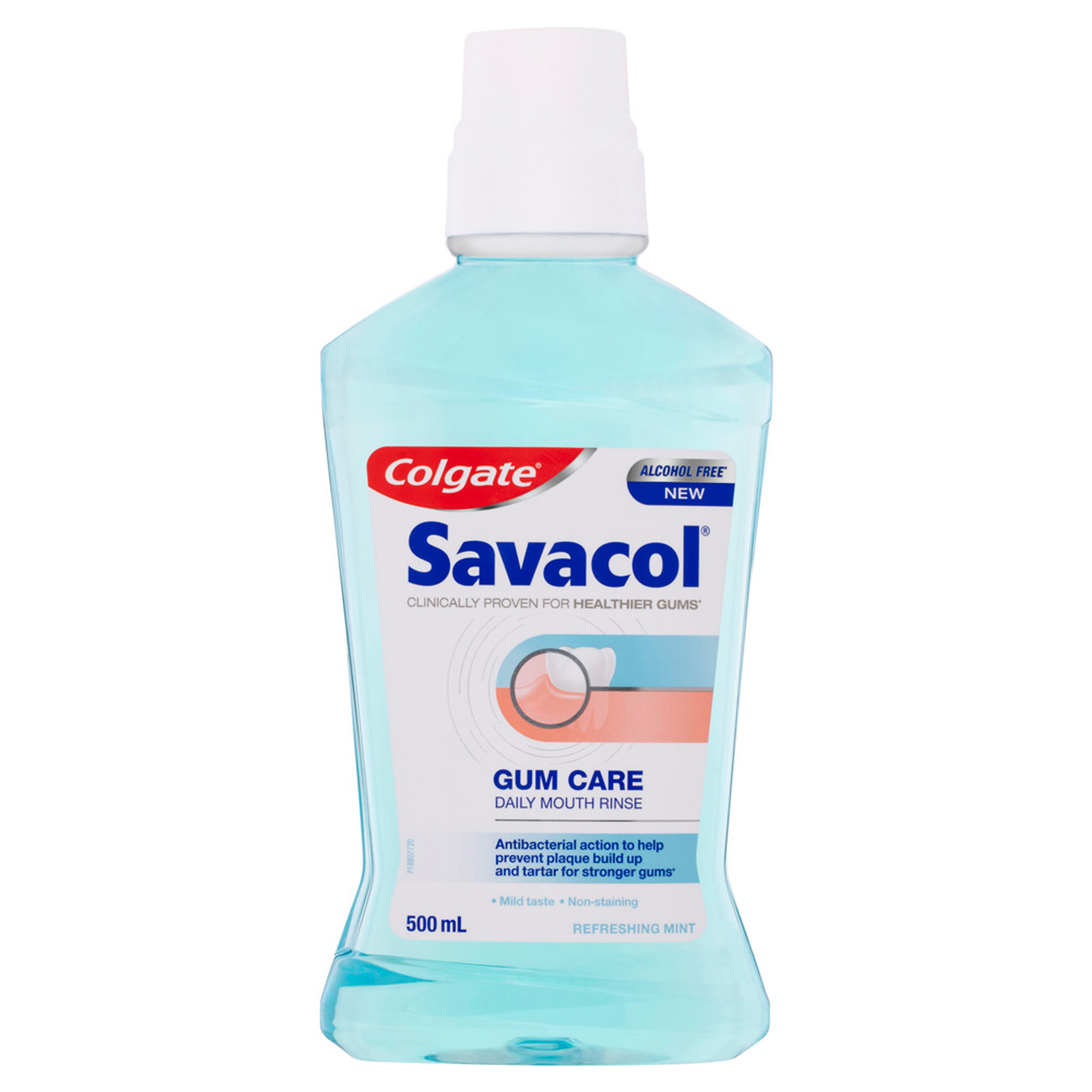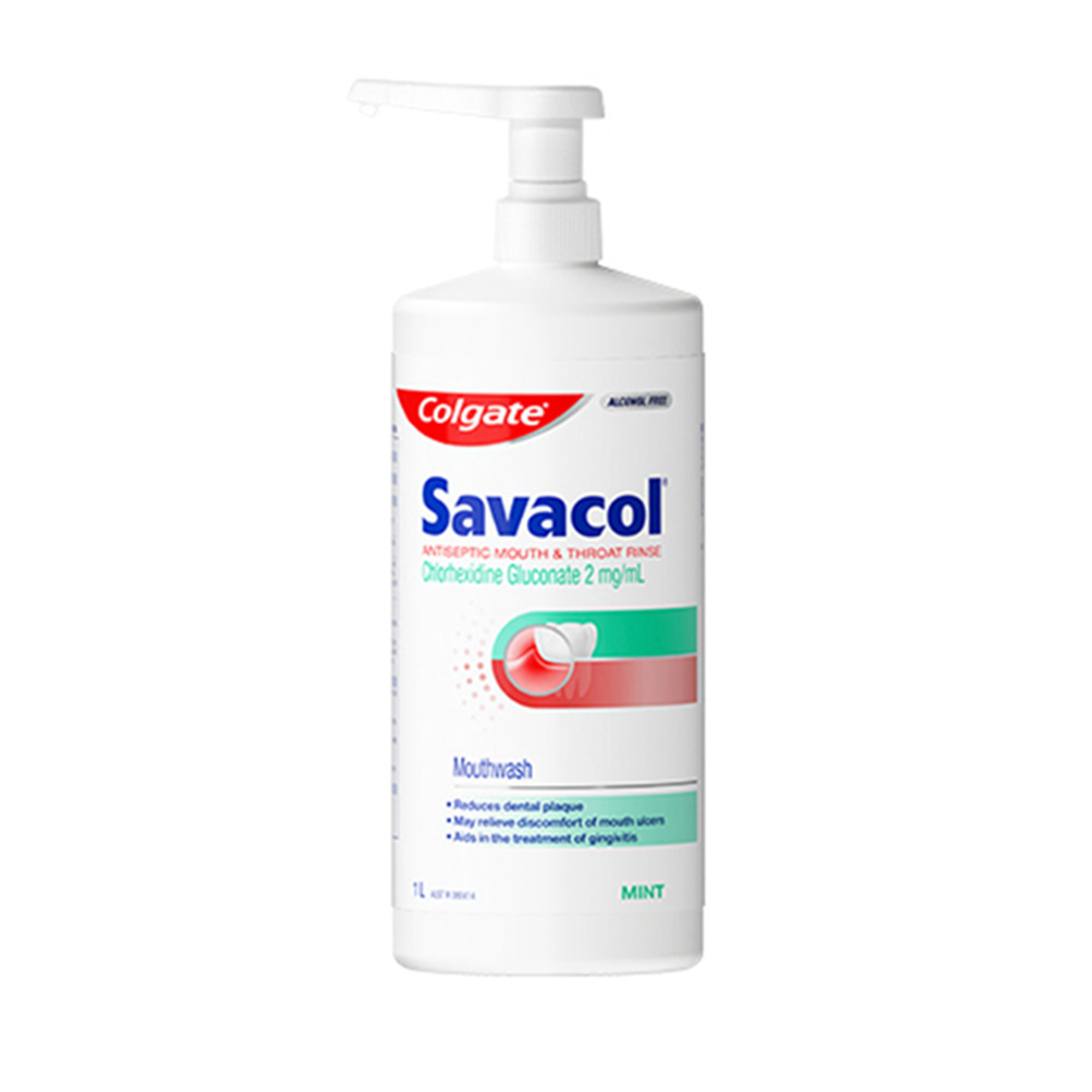
As I write this piece, I wonder, am I qualified to write about ‘Imposter Syndrome’? The irony.
Imposter Syndrome is that tiny voice that tells you you’re not qualified or competent to work in a role that you are. You may fear being exposed as a fraud, because of self-imposed standards of success, and a fear of failing despite your academic achievement and professional accomplishments.1-3 Living with imposter syndrome can make life seem impossible, and lead to increased stress,3 burnout,3-6 underperformance,3 depression and even suicide ideation.6
Our profession requires us to be technically skilled and to strive for perfection while balancing the demands and expectations of colleagues, staff, patients, friends and family.6 For instance, as a new graduate, a senior colleague gathered ‘evidence’ to question my clinical judgement by reading my work notes and getting his staff to report on me. I am sure I am not alone, and that many of us have stories of colleagues, staff and patients who have reinforced doubt in our abilities, particularly if we made a mistake.1,4,6 Yet mistakes happen in clinical practice, and I have learned that it’s better to rectify the situation, and view them as learning opportunities.1,5,7 But don’t forget to celebrate victories, however large or small they may seem, because we need constant reminders to show how capable we are.
So what’s the good news? Here are three proven ways you can help yourself (and your colleagues).4
1. Fit-in at work, but develop your niche.
My work family is very important to me because I spend more time with them than anyone else. Your work family can include your dental team, a mentor, study clubs or professional community groups that allow you to connect and share experiences in a safe and respectful way.8 But don’t forget that fitting-in is equally as important as finding your niche.1 Finding time outside of dental practice to pursue non-clinical activities, be it learning to surf or bake, or in my case, by engaging in research or education, is equally as important.1
2. Focus and hone your strengths, and learn to delegate more, and often.1
Transitioning, particularly from dental school to unsupervised practice, or becoming a business owner will challenge your practice by increasing demands, responsibilities and expectations placed on you. There are many ‘firsts’, your first shift, your first patient complaint, your first boss. And each of these cumulative ‘firsts’ become overwhelming, make you feel unprepared, alone and erode your confidence.4
How can you boost your confidence? I’ve become what my friends call a ‘perpetual learner’, but I also recognise that I can’t be an expert in everything, and I don’t have the time nor resources. I have learned to delegate tasks to others who are better equipped to handle them. This not only helps reduce my feelings of self-doubt and overwhelm, but also allows me to focus on what I do best.
Delegating tasks to others also provides an opportunity for collaboration and learning. This is how I got through my PhD. By working with others who had different skill sets and perspectives, I was able to broaden my knowledge and expertise, and make a more significant contribution to my field. Clinically, delegating tasks crucial to operating my business allows me to provide better care to my patients, improves collaboration with my staff, and sky-rockets our productivity.9
3. Strive for autonomy for you, your colleagues and co-workers.1,10
Patient targets and financial metrics may be important benchmarks for business, and it’s normal to compare yourself with your colleagues. But comparison forces us to live-up to other peoples’ expectations at the expense of pursuits that are important to us. What drives us varies as individuals, and it’s important to realise this, not only for ourselves, but for the people we work with.11 Finding your rhythm, and respecting everyone else’s is paramount to good working relationships, and ultimately, everyone’s happiness.
Imposter syndrome isn’t something we can recover from overnight, but we can certainly take small consistent steps to move out of the funk that holds us back. Remember, learn from your mistakes, celebrate your victories, find your work family, develop your niche, delegate, delegate, delegate and promote autonomy for yourself and those you work with. Here’s to a better working world, and a better you.
Freeman J, Peisah C. Imposter syndrome in doctors beyond training: a narrative review. Australasian Psychiatry 2022;30(1):49-54.
Le L. Unpacking the imposter syndrome and mental health as a person of color first generation college student within institutions of higher education. McNair Research Journal SJSU 2019;15(1):5.
Bravata DM, Madhusudhan DK, Boroff M, Cokley KO. Commentary: Prevalence, predictors, and treatment of imposter syndrome: A systematic review. Journal of Mental Health & Clinical Psychology 2020;4(3).
Vaa Stelling BE, Andersen CA, Suarez DA, Nordhues HC, Hafferty FW, Beckman TJ, et al. Fitting In While Standing Out: Professional Identity Formation, Imposter Syndrome, and Burnout in Early-Career Faculty Physicians. Acad Med 2023;98(4):514-20.
LaDonna KA, Ginsburg S, Watling C. “Rising to the level of your incompetence”: what physicians’ self-assessment of their performance reveals about the imposter syndrome in medicine. Academic Medicine 2018;93(5):763-8.
Hopcraft MS, Stormon N, McGrath R, Parker G. Factors associated with suicidal ideation and suicide attempts by Australian dental practitioners. Community Dent Oral Epidemiol 2023.
Yamada K HE. Trying. US: Compendium Inc.; 2020.
Brown B. Dare to lead: Brave work. Tough conversations. Whole hearts. Random House; 2018.
Sinek S. The infinite game. Penguin; 2019.
Chouinard Y. Let My People Go Surfing: The Education of a Reluctant Businessman--Including 10 More Years of Business Unusual. Penguin; 2016.
Sinek S. Start with why: How great leaders inspire everyone to take action. Penguin; 2011.
Dr Arosha Weerakoon is a Principal Dentist and owner of Tewantin Family Dental. She is also a lecturer (hon) and PhD candidate from the School of Dentistry, University of Queensland. She holds a Fellowship with the Royal Australasian College of Dental Surgeons, and a Masters in Public Health. Arosha is a Fellow of the International College of Dentists. Arosha advocates for community engagement, interdisciplinary collaboration and patient empowerment. She hopes to use her role as a Colgate Advocate for Oral Health to create meaningful discussions with oral and general health professionals to improve health practices, patient outcomes and to encourage more clinicians to engage with research.
Join us
Get resources, products and helpful information to give your patients a healthier future.
Join us
Get resources, products and helpful information to give your patients a healthier future.











